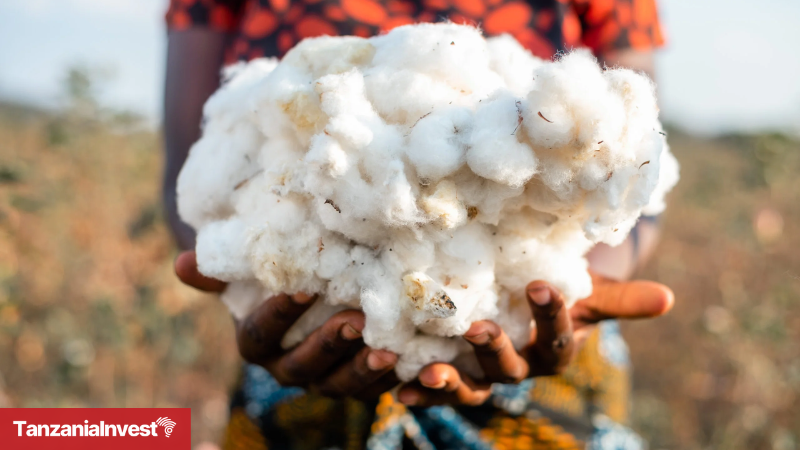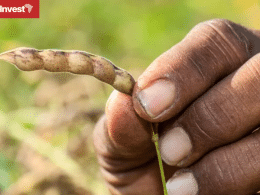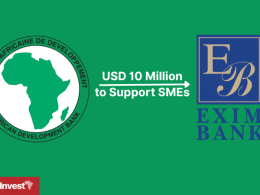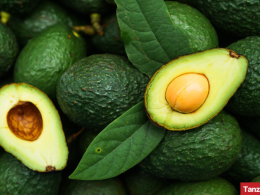Tanzania’s President Samia Suluhu Hassan has announced that the government has allocated TZS 8 billion in subsidies to support cotton farming in Simiyu Region, located in northern Tanzania.
The announcement was made on June 17, 2025, during a public rally in Itilima District as part of her official visit to the region. The funds aim to ensure timely access to quality seeds and agricultural inputs.
President Samia urged farmers to follow government guidelines in cotton farming, emphasizing that previous political interference in the crop’s management had hindered its potential.
She stated that the reforms may be challenging for those who do not engage in cultivation or exploit farmers but are necessary to enable the sector and the country to benefit from cotton.
President Samia also inaugurated two factories in the Salunda area of Bariadi District, including a pipe-processing factory and a cotton processing factory owned by Moli Oil Mills Co. Ltd.
The factories, valued at TZS 8 billion, are expected to generate 850 direct jobs and 400 indirect jobs, while also providing opportunities for local small entrepreneurs.
The President noted that these investments will reduce reliance on imported materials and enable Tanzania to process cotton locally and create employment.
In Meatu District, she launched the modern BioSustain Tanzania Ltd cotton processing plant, which has the capacity to store 12,000 tonnes of raw cotton and process 500 tonnes per day.
According to the factory’s director, Dr. Riyaz Haider, the plant provides a guaranteed market for farmers at TZS 1,200 per kilogram—an increase from the previous benchmark price of TZS 1,150.
The plant employs 1,205 workers (375 permanent and 830 seasonal) and has facilitated extension services by providing 75 extension officers with motorcycles and weekly fuel allocations to reach farmers.
In a related statement, the Minister of Agriculture, Hussein Bashe, urged political leaders not to politicize cotton, noting that the government is responsible for pricing based on international market trends.
He stated that prices for cotton have continued to improve nearly every season and highlighted the current minimum price of TZS 1,200 per kilogram.
The government is also developing infrastructure to support agricultural and industrial activities in Simiyu, including the completion of a power transmission line from Shinyanga and the construction of a substation to ensure reliable electricity.
Water projects are underway in Itilima District, including boreholes and a large supply pipeline from Lake Victoria, expected to benefit more than 495,000 people.
Cotton is one of Tanzania’s major cash crops, alongside tobacco, cashew nuts, coffee, and tea. It supports over 400,000 farming households and is primarily grown in the Western Cotton Growing Area (WCGA), which includes Simiyu Region.
The government is prioritizing domestic processing and value addition in line with the Third Five-Year Development Plan (FYDP III), aiming to reduce raw exports and expand local industrial capacity.










